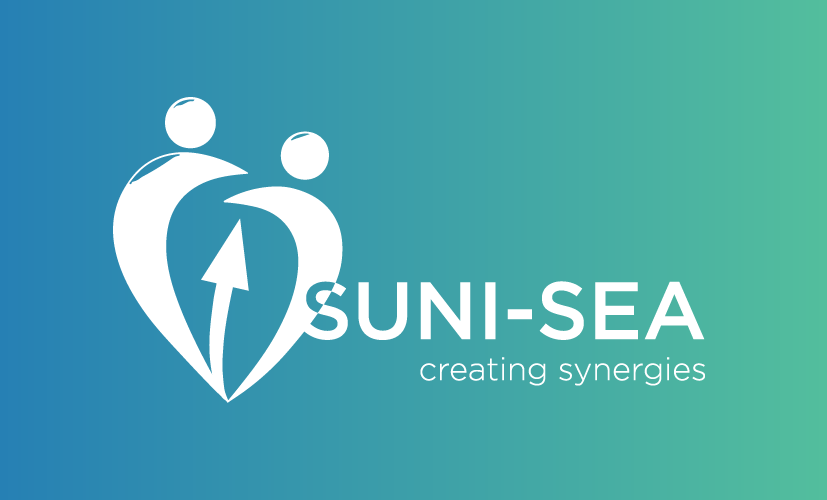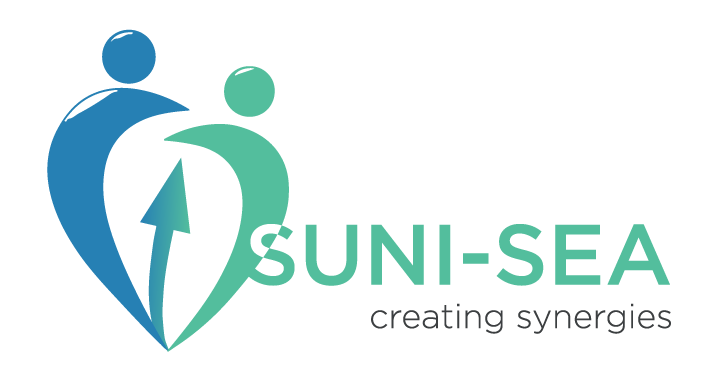SUNI-SEA researchers had developed four posters to showcase the project with concise rationale, research questions, methodology and updates from the reseach implementation in Southeast Asia. They were presented in a poster competition at the GACD Annual Scientific Meeting (ASM) 2020.
Resources Tag: <span>Indonesia</span>
10 key takeaways from SUNI-SEA retrospective study
In the first year of the project, SUNI-SEA researchers investigated what is currently taking place in the country, what is effective and what is cost-effective. This is a summary of key lessons learnt from our retrospective study.
Indonesia situation analysis
This is Indonesia situation analysis on NCD prevention and control. This document also includes recommendations for the implementation of community-based and primary healthcare activities in the prospective phase of SUNI-SEA.
Implementation tools: Package of Essential Noncommunicable (PEN) disease interventions for primary health care in low-resource settings
Implementation of WHO PEN is a key component of the objective 4 of the Global Action Plan. These tools will enable early detection and management of cardiovascular diseases, diabetes, chronic respiratory diseases and cancer to prevent life-threatening complications (e.g. heart attacks, stroke, kidney failure, amputations, blindness).
Package of essential noncommunicable (PEN) disease interventions for primary health care in low-resource settings
The WHO Package of Essential Noncommunicable Disease Interventions (WHO PEN) for primary care in low-resource settings is an innovative and action-oriented set of cost-effective interventions that can be delivered to an acceptable quality of care, even in resource-poor settings.



